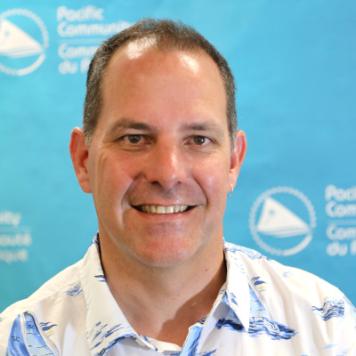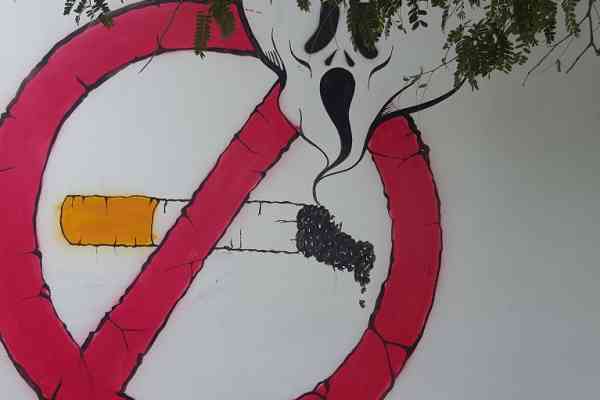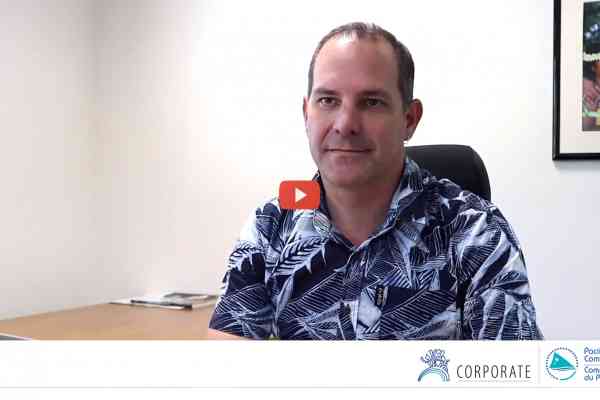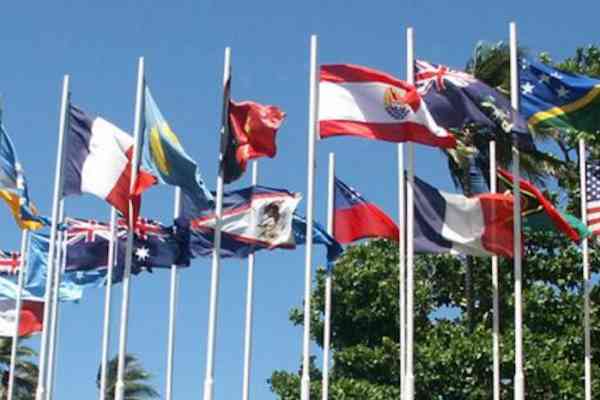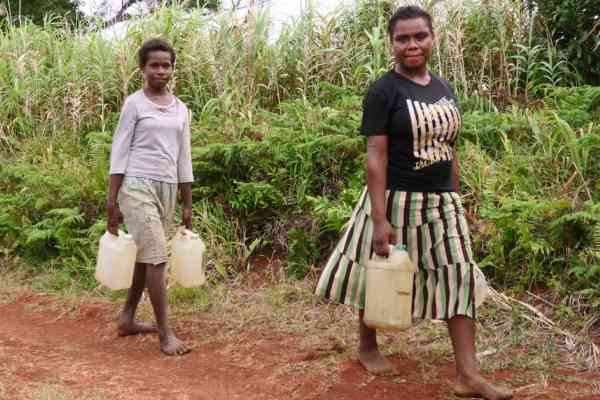Health supplies being loaded for PNG as part of the PHP-C
The Pacific Heads of Health recently held a virtual meeting under the shadow of COVID-19. The tone was understandably sombre and serious. The crisis being faced across the globe has certainly not passed yet, and our Pacific leaders will need to continue to be proactive and vigilant to ensure our region is able to successfully navigate through this storm.
Nevertheless, after six months facing the COVID challenge, the Pacific is standing as an example of what can be accomplished when a region works in unity towards a single purpose. As of July 2020, less than 500 cases have been recorded across Pacific Island Countries and Territories.
Why has the Pacific been so successful in managing the crisis up to this point?
It is true that the population is small and spread out, but even taking the geography and population into account, it is still remarkable how well the region has done in protecting its population from the pandemic. An examination of how the Pacific leaders have faced up to the COVID challenge highlights a few key principles which have made a major impact.
First, what has been clear from the very start is that the Pacific would make the safety and health of its people an absolute priority. This ‘people-centred’ approach did not ignore the economic challenges, but recognized that while economic losses can be recovered in time, lives cannot.
Pacific leaders were focused on collaboration and partnerships. The crisis was identified early as a common threat to all, and the responses taken at the national level were well communicated. The Pacific’s regional organisations, including SPC, were quickly engaged as were key partners such as WHO, WFP and UNICEF. Through the WHO-led Pacific COVID-19 Joint Incident Management Team (JIMT), essential information flowed to and from impacted countries.
The region put its trust in science, data and knowledge exchange. Pacific leaders have consistently demonstrated their faith in evidence-driven approaches to challenges. As a result, Pacific people’s faith in science and data is also strong. SPC’s work on supporting data for public health surveillance, geographic information system (GIS) mapping, public education measures, personal protective equipment (PPE) use, and quarantine guidelines was welcomed and used in policy development. And when those policies were introduced, there was very little backlash from the public. The mass protests against wearing masks or following quarantine measures that we have all seen in some other regions have simply not taken place in the Pacific.
Finally, the Pacific’s extremely proactive approach has been instrumental in its success. The region did not wait for one of its neighbours to be overwhelmed before acting. It was able to clearly see the crisis, weigh the risks and take preventative steps together. Work is currently underway to ensure that the region is prepared now for potential flare-ups in the future. SPC’s Public Health Division is working with the JIMT and national health leaders on infection prevention control measures, laboratory services, health surveillance, risk communication plans, expanding clinical training, and overall strengthening of health emergency preparedness.
A people-centred approach, a trust in partnerships, a faith in science and a focus on the future. These are the elements that have underpinned the success of the Pacific in managing COVID. The Pacific approach to regionalism has proven to be a powerful tool in this crisis and will continue to be key in making the Pacific a global leader in sustainable development and climate change adaption.
